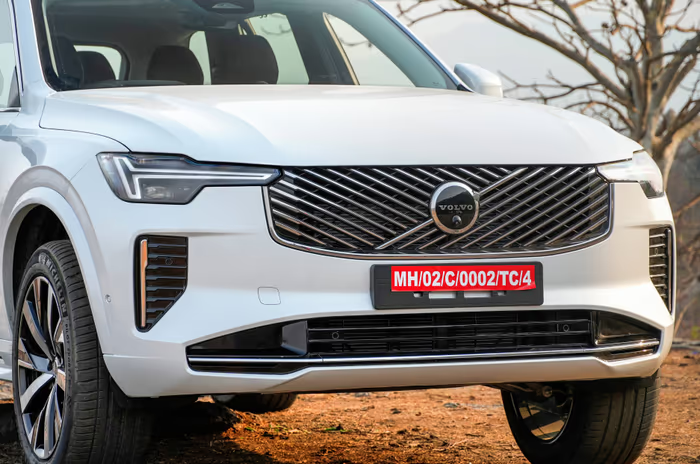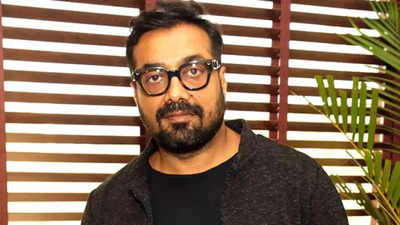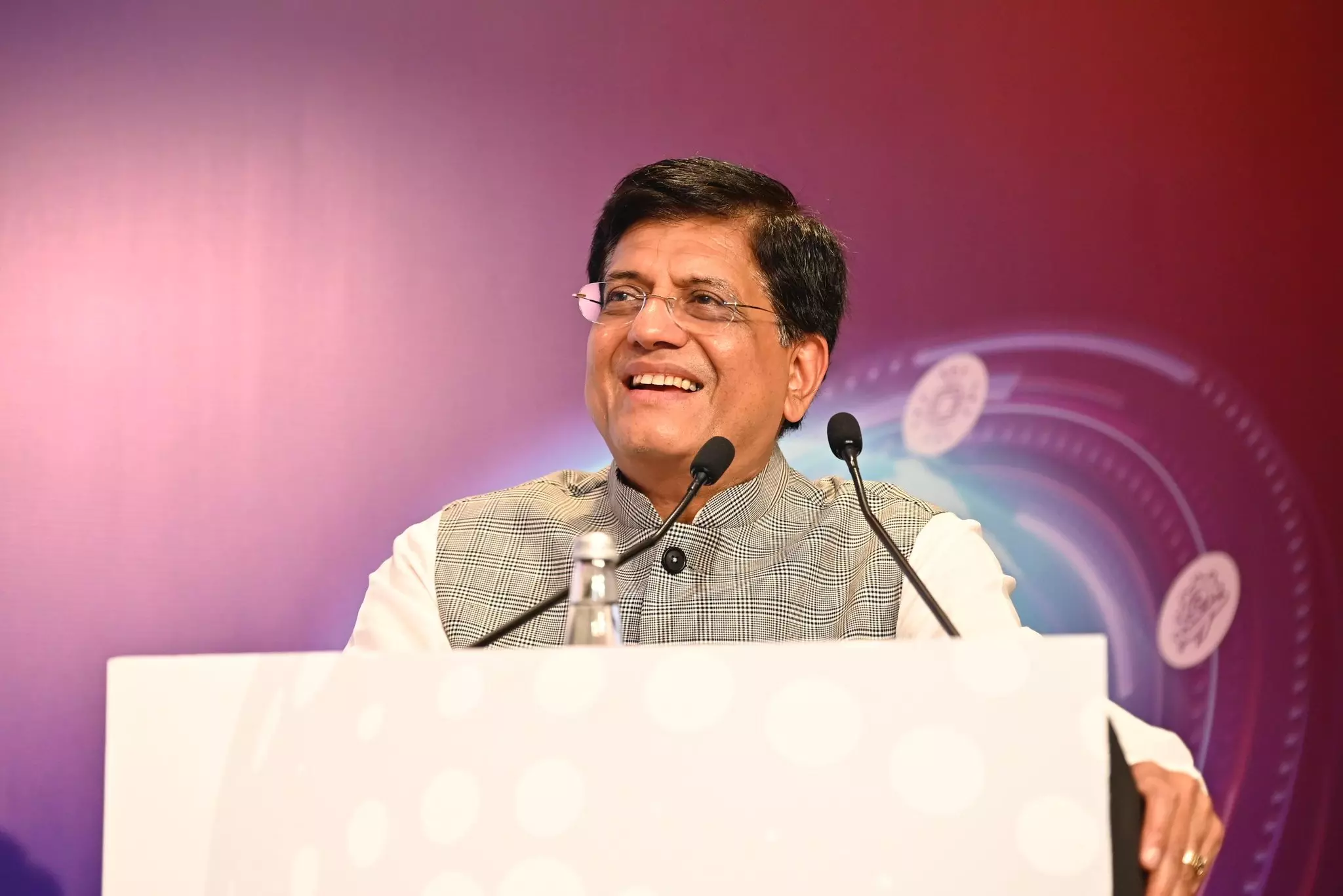
New Delhi: Union commerce minister Piyush Goyal has said that the India-Middle East-Europe Economic Corridor (IMEC) is a transformative “modern-day silk route”, which has potential to slash global logistics costs by 30 per cent and transportation time by 40 per cent through public-private collaboration.
“This isn’t just about trade routes; it’s about linking civilizations while cutting costs and carbon footprints,” Goyal stated, underscoring IMEC’s blend of economic ambition and cultural diplomacy at a high-level roundtable in New Delhi on Wednesday.
Highlighting its potential reach, the minister also said that IMEC could even enhance connectivity to Africa through the Middle East. “The proposed corridor includes railways, roadways, energy pipelines, and clean energy infrastructure, including undersea cables,” he said.
The minister further said that India is already in discussions with Singapore on clean energy transmission. “We are also engaged in dialogue with Saudi Arabia and the UAE. This initiative respects sovereignty and territorial integrity. It is not about dominance or creating economic unions. It is a partnership built on mutual trust, inclusivity and sustainability,” he added.
He outlined several suggestions as a way forward for the IMEC initiative, including public-private partnership (PPP) and regulatory connectivity among others. “The importance of viewing IMEC through the lens of PPP as leaving the initiative solely to the government would limit its efficiency and financial viability. This approach would ensure smarter and more cost-effective planning,” he said.
On regulatory connectivity, he advocated for greater alignment in trade processes, customs procedures, and paperwork among participating nations. Citing India’s ongoing regulatory collaboration with the United Arab Emirates (UAE) as an example, he also added that a successful implementation of the corridor would require seamless cross-border movement without excessive checkpoints.


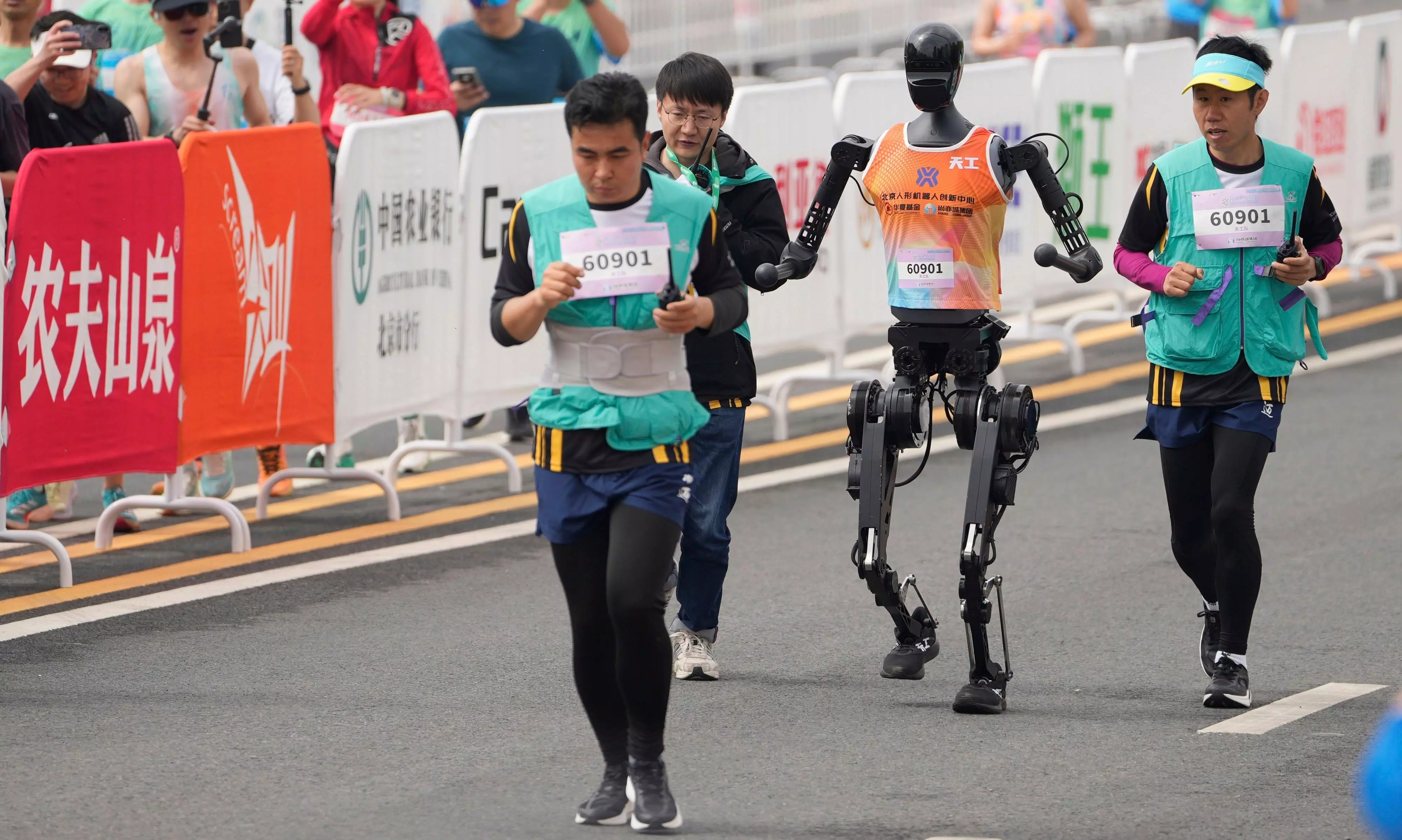


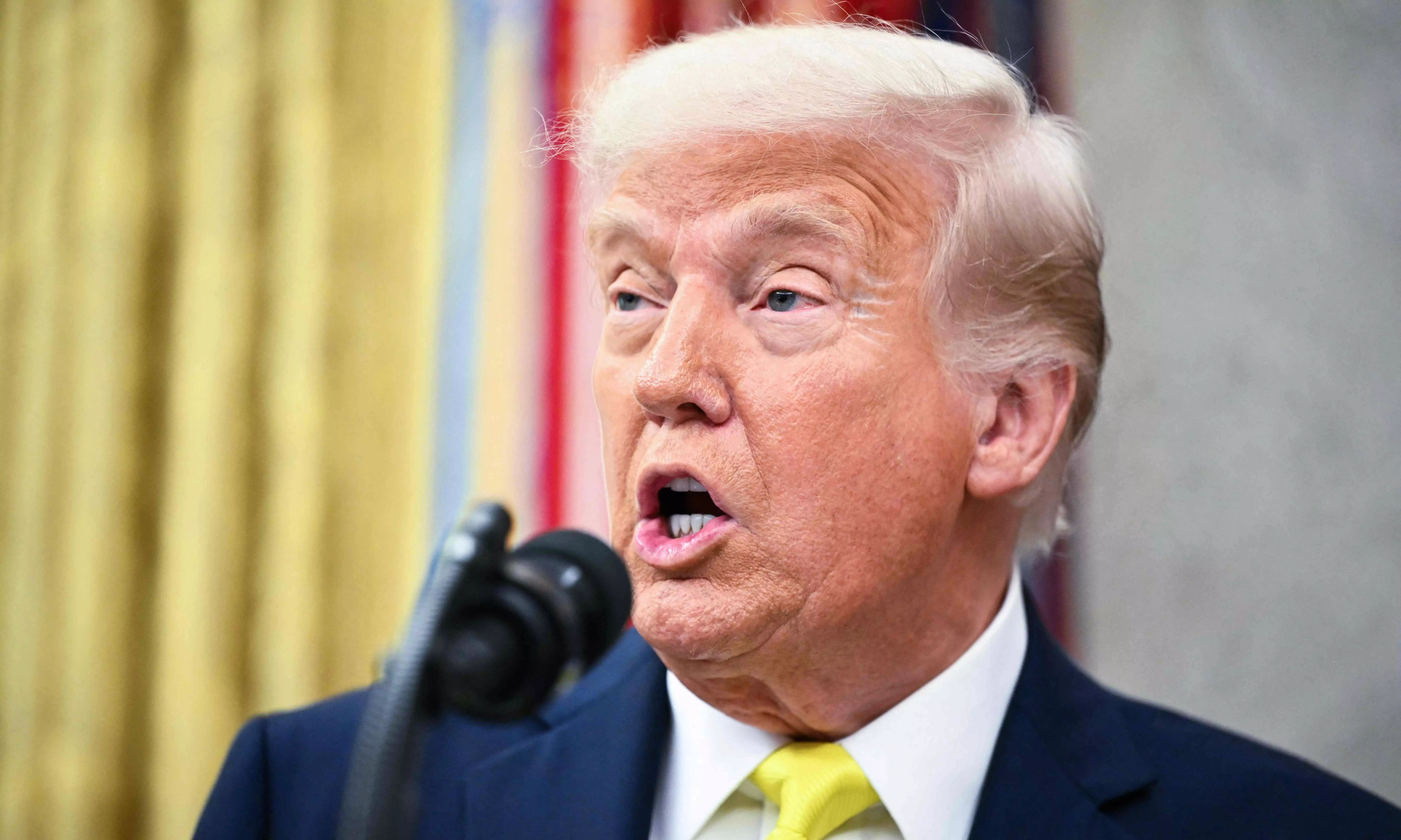


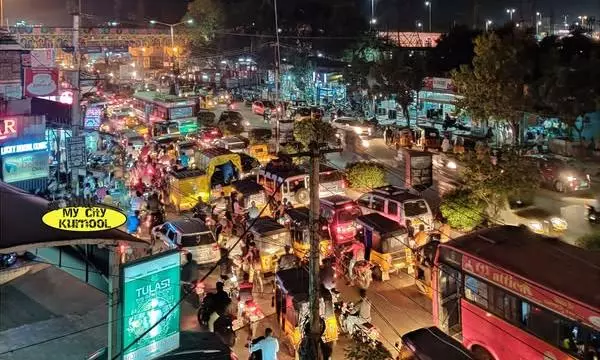


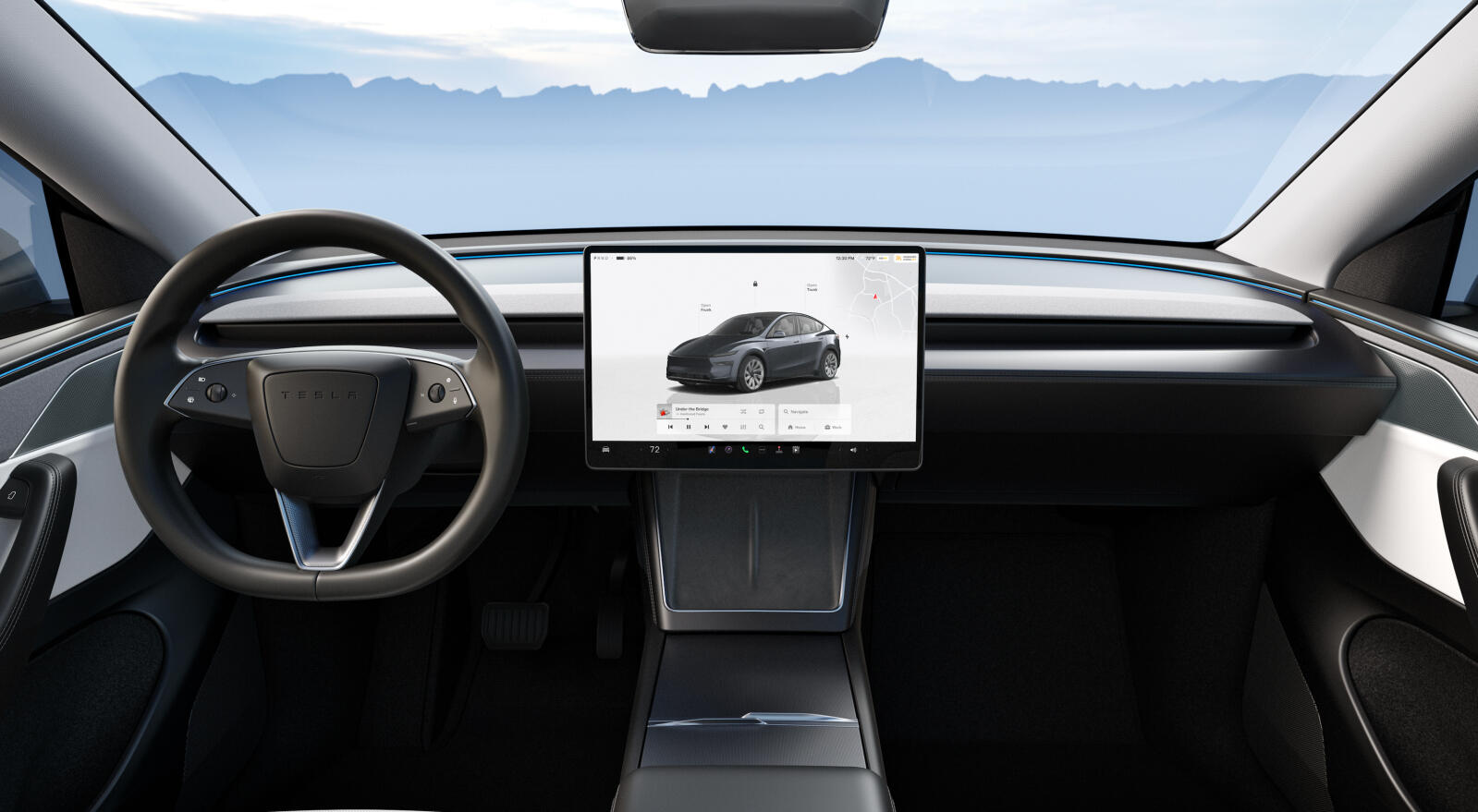
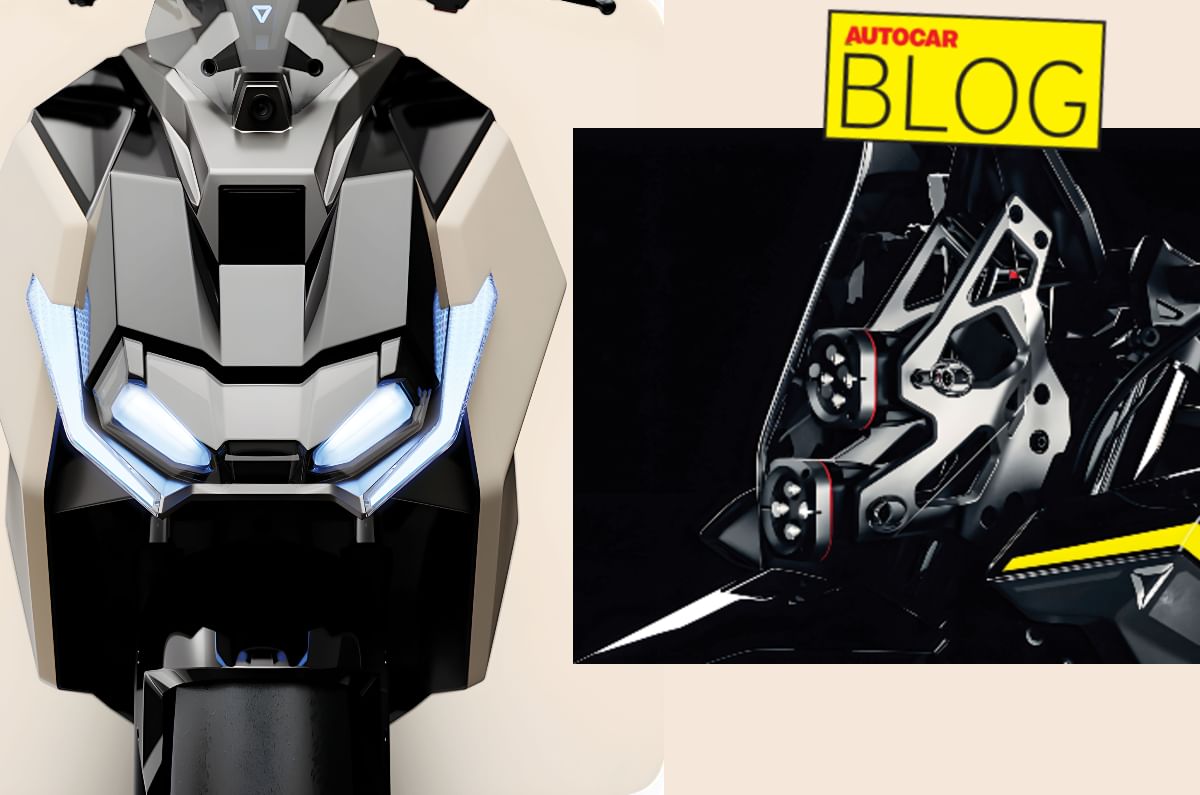

.jpg?w=735&h=415&q=85)
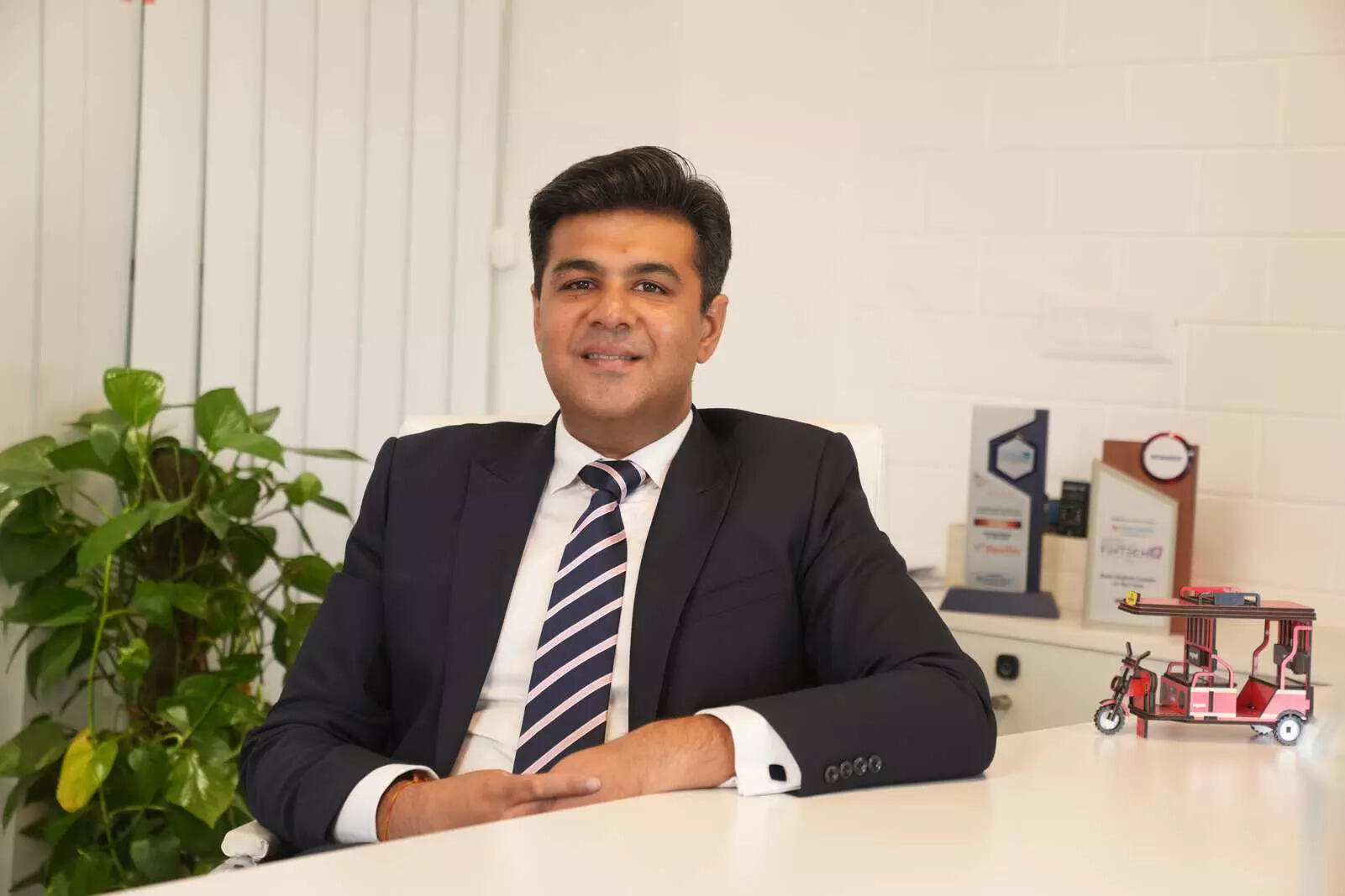
.jpg?w=700&c=0)

